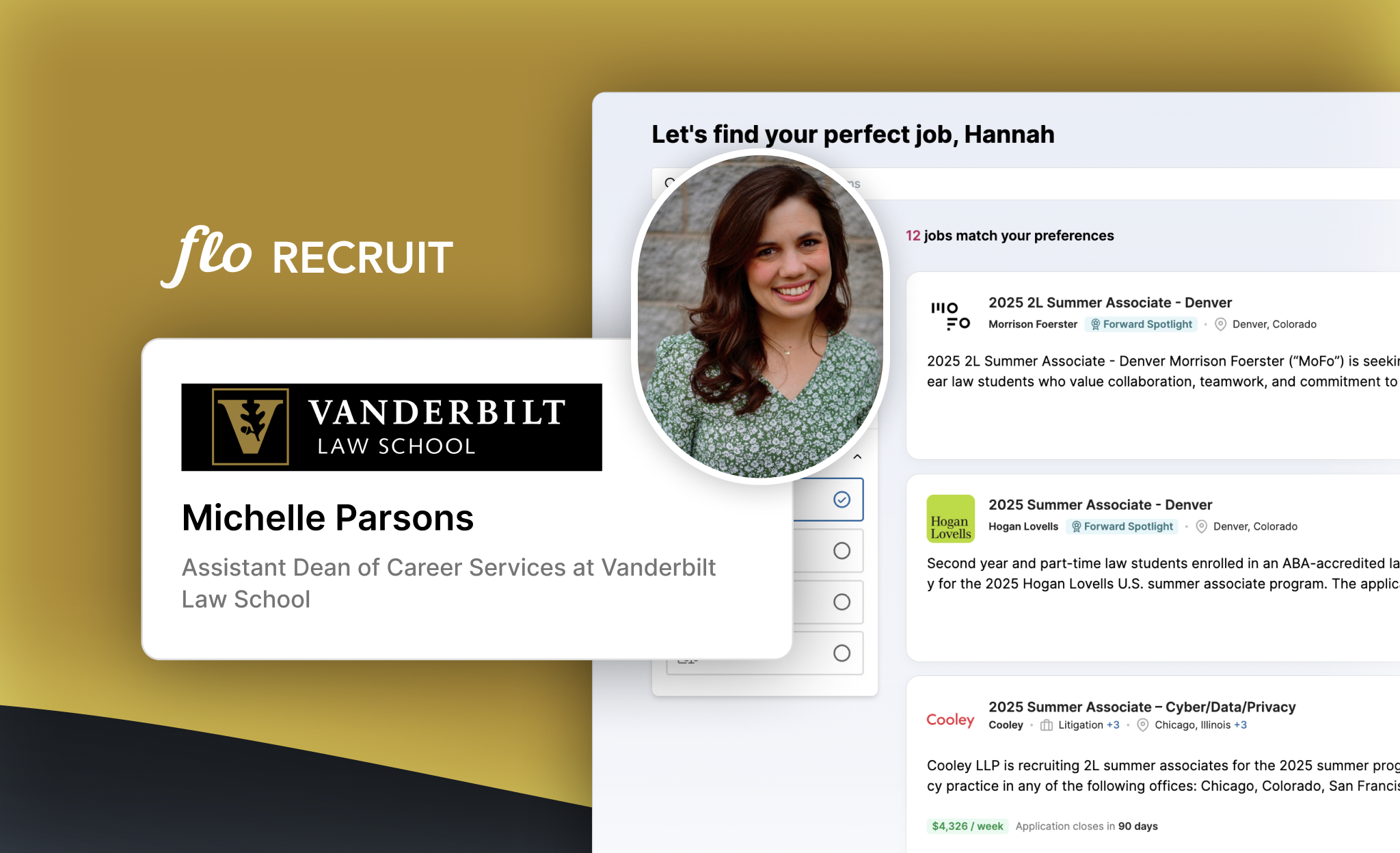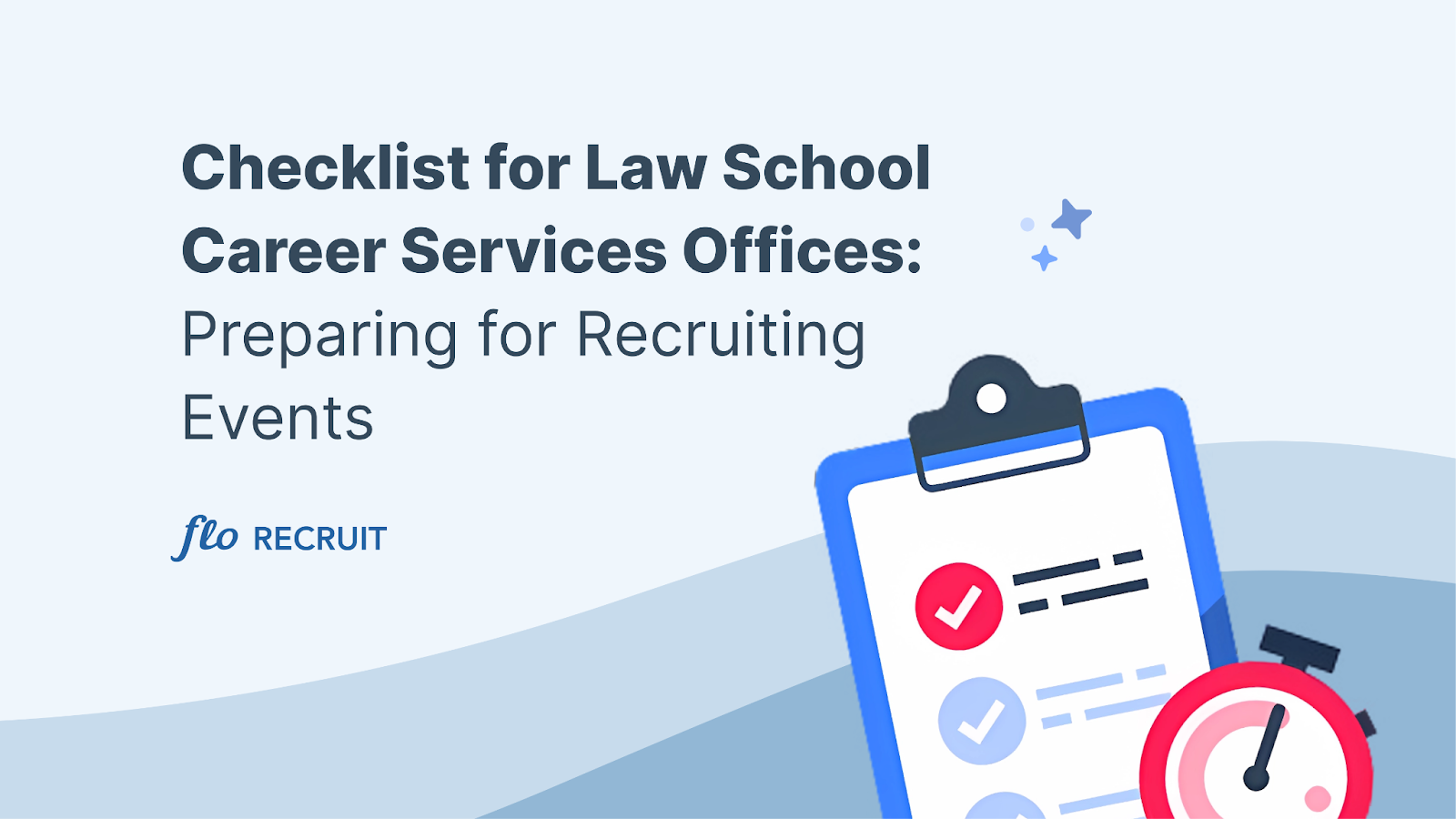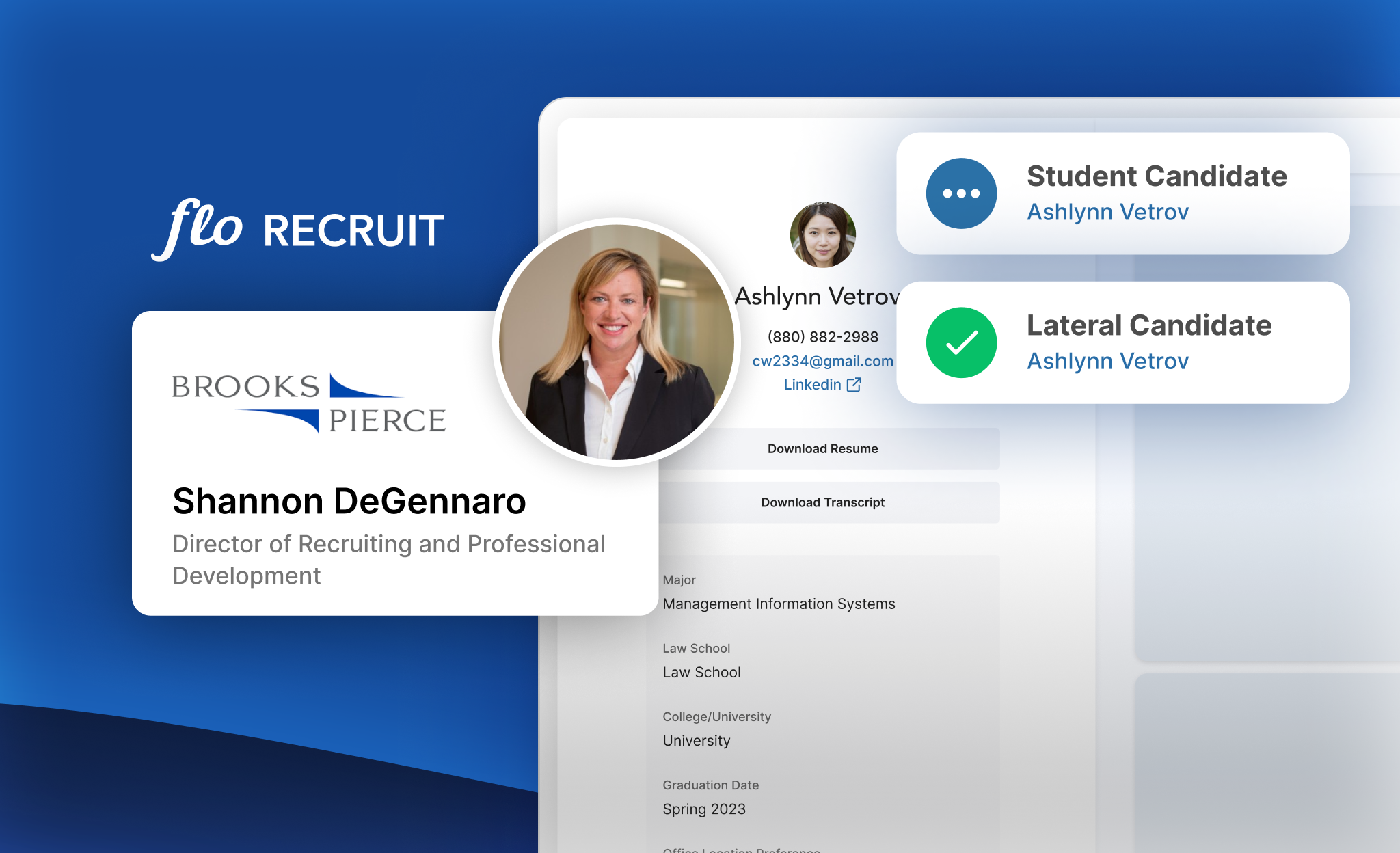Navigating Smaller Summer Classes: What It Means for Law Students and Schools
The job market for law students, particularly in BigLaw, has seen significant changes over the past decade or so, especially during times of economic uncertainty. The lasting effects of the 2008/2009 recession, coupled with the fluctuating nature of today’s economy, have left an indelible mark on how law firms approach summer associate hiring. The key takeaway? Many law firms are becoming increasingly conservative in their hiring practices, with fewer summer associate spots available. This trend, while beneficial in some respects, brings both challenges and opportunities for students navigating this more competitive landscape.
The Conservative Hiring Mindset: A Lesson Learned from the 2008 Recession
Since the last recession, BigLaw firms have adopted a more cautious approach to hiring summer associates. Many learned a painful lesson during that time when firms overhired and found themselves with too many associates and not enough work to go around. As a result, firms have become more prudent, choosing to hire conservatively and avoid overstaffing. This means that firms are often more likely to hire a smaller number of summer associates but will still rely on 3L hiring to fill in gaps as needed.
This shift in hiring patterns has led to a rethinking of the summer associate model. With fewer spots available, competition for these coveted positions has increased dramatically, and law firms are being more selective. As a result, students hoping to land a summer associate role need to be more strategic in how they approach the recruiting process.
NALP 2024 Perspectives on Law Student Recruiting
The Shift to Smaller Summer Classes
According to data from the National Association for Law Placement (NALP), the summer classes of 2023 saw a peak in hiring, but that trend appears to be shrinking. Smaller summer classes are now becoming the norm as firms adjust to the current economic climate and refine their hiring practices. While this may seem like a setback for students hoping to secure a prestigious summer associate position, it's important to recognize that these smaller classes are not necessarily a bad thing for those who are prepared.
In fact, there are benefits to this shift. Smaller summer classes allow firms to focus on hiring only candidates that fit their needs. For students, this means that the competition will be tougher, but it also provides an opportunity to stand out. For law schools, it means preparing students for a more competitive and rigorous recruiting environment. Setting up a Flo Forward account as early as possible and keeping track of firm research, events, and jobs all in one place is an excellent way to stay organized.

The Role of 1L Hiring in a Tough Market
While 2L summer associate positions are the gold standard for law students seeking a career in BigLaw, it’s important to note that 1L hiring can sometimes pick up during times of economic uncertainty. This is often a strategic move by law firms to spread out their hiring classes and avoid a situation where too many summer associates are hired in a given year. By recruiting 1Ls, firms can take a longer-term approach to their talent acquisition, ensuring that they have a diverse pool of candidates to choose from when summer associate roles open up in subsequent years.
For students, this means that 1L hiring is an avenue worth considering, especially when the market is tight. It’s important for law students to be proactive and seek out opportunities early on in their academic careers, even if that means looking beyond the traditional summer associate roles.
Preparing for a More Competitive Job Market
As summer associate classes continue to shrink, students will need to adjust their expectations and prepare more strategically. Gone are the days when students could coast through recruiting and expect an offer to come their way. In today’s job market, students must be proactive and begin preparing for their summer job search earlier than ever before.
One key takeaway from the current market conditions is that students need to be aware of the broader trends in the job market and tailor their efforts accordingly. Staying informed about what’s happening in the legal hiring world is crucial. Students should regularly check recruiting timelines, follow firms’ social media accounts, and track industry trends to ensure that they don’t miss out on critical opportunities. The Flo Recruit 2L tracker is an excellent way to stay on top of all key dates from both law schools and firms.
![]()
Networking Early: The Importance of a Broader Strategy
A successful summer job search in today’s competitive environment requires more than just sending out a handful of resumes. Students need to cast a wide net and start networking early in the season. Connecting with alumni, attending career fairs, and reaching out to professionals in the industry can all help law students build relationships that may pay off later. The more people you know, the better your chances of landing a coveted summer associate position.
It’s also important for firms to reach out to students earlier in their law school careers and take a more strategic approach to hiring. Flo Recruit’s Pipeline Building tool is a great way to keep track of students from early in 1L year onwards, building relationships that lead to successful summer hiring.
The Reality of Smaller Summer Classes
Ultimately, smaller summer classes are not just a reflection of the current economic climate; they are a prudent business decision for firms. By limiting the number of summer associates, firms can ensure that they are hiring only the most qualified candidates for the job. This also means that there will be offers for all students who earn one.
For law schools, smaller summer associate classes mean that students will need to be more strategic in how they approach the job market. Rather than simply relying on on-campus interviews (OCI), students must develop a game plan that includes targeted networking, practicing for interviews, and identifying firms that align with their career goals. Schools can help by providing students with the tools and resources they need to succeed in this more competitive landscape.
Preparing for the Long-Term: A Strategic Approach to Career Goals
One important lesson from the current job market is that students should think about their career in a more long-term and strategic way. While securing a summer associate position at a top firm is still a significant goal for many law students, it’s important to recognize that there are other paths to success. Not every student will land their first-choice summer associate job, but that doesn’t mean they can’t get there eventually.
Instead of focusing solely on the summer after their 2L year, students should start thinking about their long-term career trajectory. There are many opportunities down the road to lateral into a different firm or practice area, and students should be prepared to pivot if needed. By taking a strategic, long-term approach to their career goals, students can set themselves up for success no matter what the job market throws their way.
Conclusion
Smaller summer classes and the more conservative hiring practices that accompany them may seem daunting at first, but they also provide an opportunity for students to refine their approach to the job market. By staying informed, networking early, and preparing strategically, students can still secure their desired positions despite the increased competition. Law schools, too, must continue to evolve and help students navigate this more competitive landscape by providing the tools and resources they need to succeed. While the job market may be tougher, those who are prepared and proactive will find a way to thrive.



